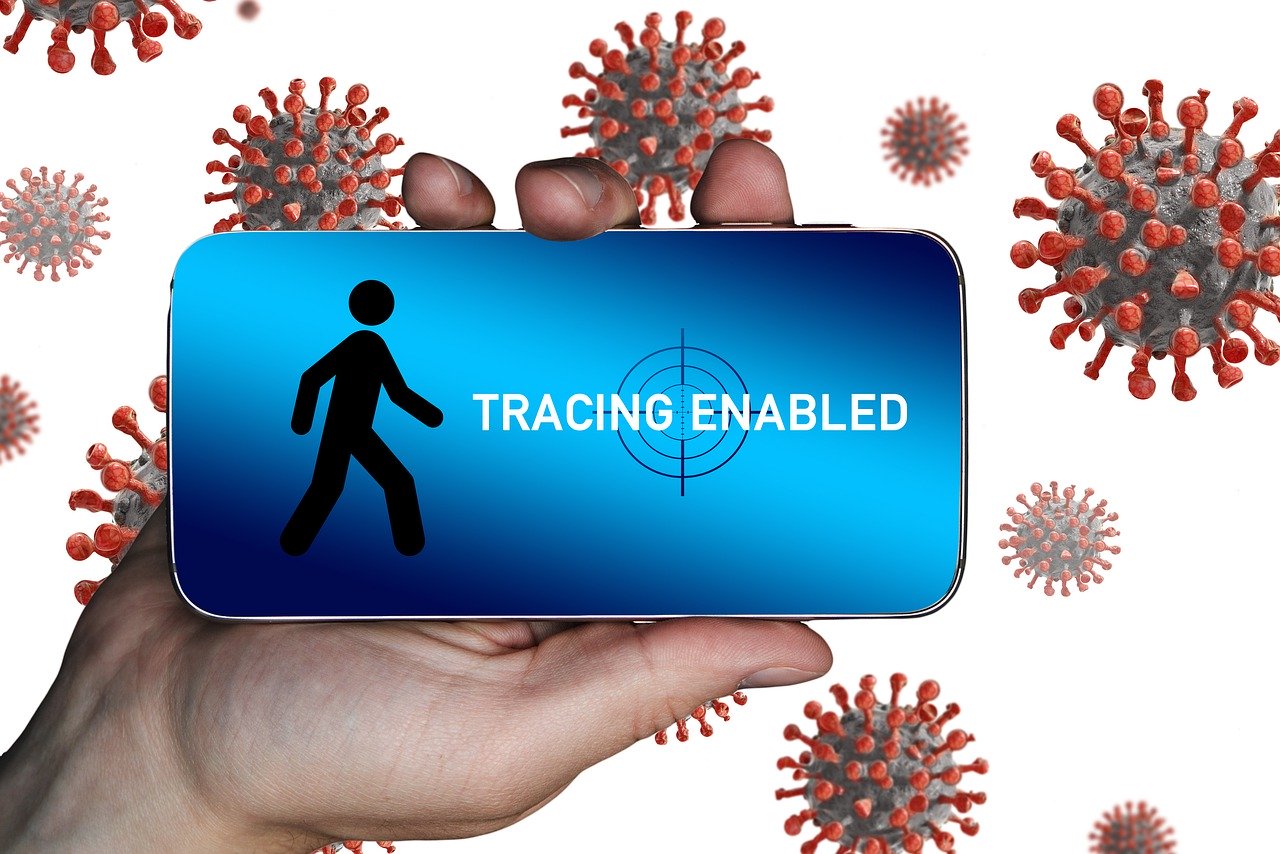As the Covid-19 pandemic rages, technicians everywhere hurried to create software, facilities, and contact monitoring systems i.e. to recognize and alert all those who come into touch with the carrier. Others are lightweight and temporary, while others are widespread and invasive. The Chinese scheme, for example, collects data like citizen identification, location, and even online payment history so that local police can track those who break quarantine laws.
Small groups of coders are producing some services locally while others are vast and global operations. Apple and Google are mobilizing huge teams to build their upcoming systems to notify people of potential exposures that could be used almost immediately by hundreds of millions of people.
Corona Blinker
Among all this, Finland’s health authorities launched Finland’s own and awaited contact tracing Smartphone app to fight COVID-19 spread. The app is called “Corona Blinker” in the Finnish language. It was developed after winning a public bidding contest in June by a private Finnish software company Solita.
At a news conference, Kirsi Varhila, Permanent Secretary to the Ministry of Health and Social Affairs, stated that all of them will begin using the data because they are entirely voluntary and fully protected. This will protect each other and those who are closest to them.
Bluetooth Connectivity
The Corona Blinker app has Bluetooth technology as its basis. It does not disclose another user’s identity. The Corona Blinker uses “proximity tracking,” where phones swap encrypted tokens with other nearby phones over Bluetooth. It is easier to anonymize and generally considered to be better for privacy than location tracking.
It would help trace unknown contacts that a person who subsequently tests positive for COVID-19 has remained long enough nearby.
A second phase in the development of the app would follow, to make it compatible with similar applications in use in the other Member States of the European Union.
Privacy Factors
Privacy is a must according to the ministry. A consumer who receives a positive COVID-19 test result may choose to send an exposure warning to their earlier contacts or not and those who receive the warning may not know who the alert comes from or where and when the exposure occurred to protect privacy.
The ministry added that consumers getting an exposure warning would not be reported to authorities, but should instead contact health-care officials to get COVID-19 checked. Researchers believe that this would ease the process of testing.
